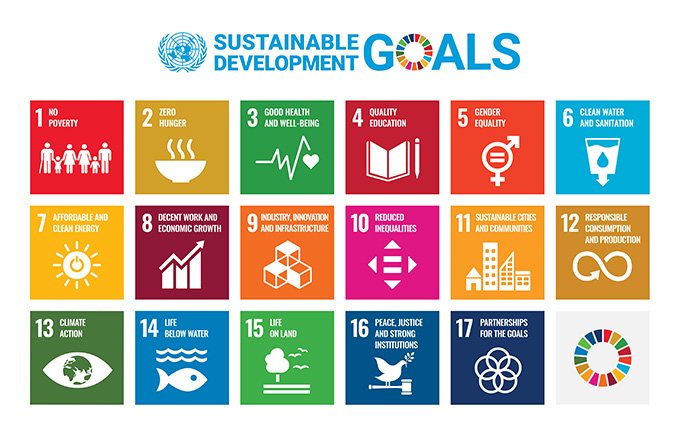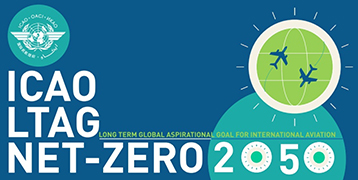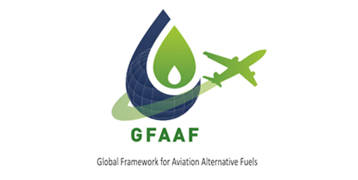An upcycling bioprocess for sustainable aviation fuel production from food waste-derived greenhouse gases: Life cycle assessment and techno-economic analysis
Chemical Engineering Journal
• Volume 486
(2024)
FEATURED BOOK
Biogas generated from food waste through anaerobic digestion is typically utilized for heat and electricity. However, recent developments in synthetic biology have enabled the conversion of carbon dioxide (CO2) and methane (CH4) in biogas into desired products by microorganisms. This study introduced a novel bioroute for the production of sustainable aviation fuel (SAF) using food waste in a carbon–neutral and cost-effective manner. Both CO2 and CH4 derived from food waste are sequentially bioconverted into lipids by photosynthetic and methanotrophic microorganisms, which are then upgraded into SAF. A comparative life cycle assessment was conducted, revealing that this proposed bioroute has a lower environmental impact than a thermo-route involving hydrothermal liquefaction. Furthermore, a techno-economic analysis of the bioroute was also performed to evaluate both the capital and operating costs, showcasing the feasibility of this concept with current cutting-edge technologies. With potential food waste disposal subsidies taken into consideration, the bioroute-based SAF could yield an internal rate of return of up to 38%, demonstrating its economic viability in the market. By leveraging food waste and innovative biotechnology, this bioroute has the potential to contribute to a more eco-friendly and economically sustainable aviation industry.
32 total downloads



 Back
Back



